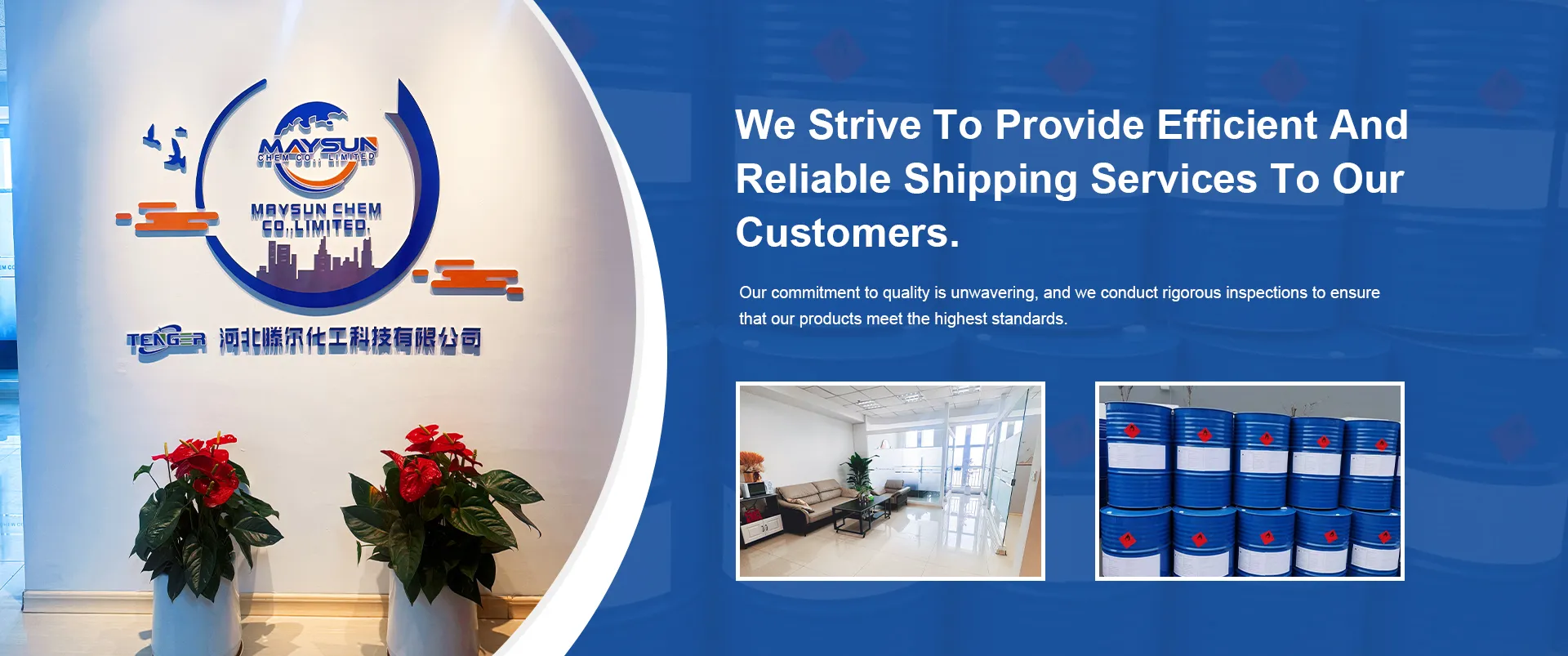
Monosodium Glutamate Production and Supply Chain Overview for Food Industry Professionals
Monosodium Glutamate A Key Ingredient in Flavor Enhancement
Monosodium glutamate (MSG) is a flavor enhancer that has been the subject of both admiration and controversy since its discovery in the early 20th century. As a sodium salt of glutamic acid, an amino acid naturally found in various foods, MSG is utilized extensively in the food industry to enhance umami, one of the five basic tastes alongside sweet, sour, bitter, and salty. This article explores the manufacturing, safety, and applications of MSG, shedding light on its importance in culinary practices and food production.
The Manufacturing Process of MSG
The production of monosodium glutamate begins with the fermentation of starch, sugar cane, or sugar beets. Microorganisms, particularly specific strains of bacteria, are responsible for this fermentation process, wherein they convert carbohydrates into amino acids, chiefly glutamic acid. Once extracted, glutamic acid is neutralized with sodium to produce monosodium glutamate.
Several manufacturers around the globe engage in the large-scale production of MSG. They often employ advanced biotechnological methods to enhance yield and efficiency. This includes optimizing fermentation conditions such as pH, temperature, and nutrient availability to ensure maximum glutamic acid production. Additionally, strict quality control measures are implemented to guarantee that the final product meets food safety standards and is free from contaminants.
Applications in the Food Industry
MSG is predominantly used in the food industry, particularly in the production of processed foods. Its ability to enhance flavor makes it an attractive ingredient for manufacturers of snacks, frozen meals, canned soups, sauces, and seasoning mixes. By amplifying umami, MSG can make food more palatable, encouraging consumer satisfaction and repeat purchases.
Beyond processed foods, MSG finds its way into various culinary practices. Many chefs include it as a secret ingredient in their dishes, enhancing flavors in soups, stir-fries, and marinades. It is also popular in Asian cuisine, where it is regularly used in dishes like ramen, fried rice, and various sauces.
monosodium glutamate manufacturer

Moreover, MSG serves as a cost-effective solution for flavor enhancement, allowing manufacturers to reduce the amount of other more expensive ingredients. By adding a pinch of MSG, the overall taste of a product can be elevated without significantly inflating costs, making it a favorite among budget-conscious producers.
Safety and Regulatory Considerations
The safety of monosodium glutamate has been a topic of debate since its first widespread use. In the late 1960s, some people reported adverse reactions, popularly referred to as Chinese Restaurant Syndrome, which included headaches and nausea after consuming MSG. However, extensive scientific research has since demonstrated that MSG is safe for the general population when consumed in normal amounts.
Regulatory bodies like the U.S. Food and Drug Administration (FDA), the European Food Safety Authority (EFSA), and the World Health Organization (WHO) recognize MSG as safe. These organizations have conducted numerous studies and reviews, concluding that there is no consistent evidence linking MSG to significant negative health effects. Nonetheless, some individuals may be sensitive to MSG and might experience mild symptoms; thus, awareness and labeling are essential.
Conclusion
Monosodium glutamate is a vital ingredient in modern food production, with applications that benefit both manufacturers and consumers. Its ability to enhance flavor while being cost-effective makes it a staple in the food industry. As manufacturing processes continue to evolve, the quality and consistency of MSG improve, ensuring that it remains a popular choice among flavor enhancers.
The ongoing conversation surrounding the safety of MSG serves as a reminder of the importance of consumer education and transparency in food labeling. By understanding what MSG is and how it is used, consumers can make informed choices about the foods they eat. As our food systems become increasingly complex, monosodium glutamate will likely remain a crucial player in the culinary world, shaping flavors for generations to come.
-
Premium Sodium Acid Pyrophosphate (SAPP) for Food QualityNewsSep.01,2025
-
Aluminum Hydroxide: Quality Gels & Dried Gel AntacidNewsAug.31,2025
-
Buy High-Quality Trichloroisocyanuric Acid for Sale | TCCA 90% SupplierNewsAug.30,2025
-
Pure Sodium Dichloroisocyanurate Dihydrate | Powerful DisinfectantNewsAug.29,2025
-
Industrial Chemicals: Quality & Purity for Every IndustryNewsAug.28,2025
-
Nitrile Rubber Honoring Strict Production StandardsNewsAug.22,2025
-
Aspartame Ingredients Honoring Food Safety ValuesNewsAug.22,2025
Hebei Tenger Chemical Technology Co., Ltd. focuses on the chemical industry and is committed to the export service of chemical raw materials.
-

view more DiethanolisopropanolamineIn the ever-growing field of chemical solutions, diethanolisopropanolamine (DEIPA) stands out as a versatile and important compound. Due to its unique chemical structure and properties, DEIPA is of interest to various industries including construction, personal care, and agriculture. -

view more TriisopropanolamineTriisopropanolamine (TIPA) alkanol amine substance, is a kind of alcohol amine compound with amino and alcohol hydroxyl, and because of its molecules contains both amino and hydroxyl. -

view more Tetramethyl Thiuram DisulfideTetramethyl thiuram disulfide, also known as TMTD, is a white to light-yellow powder with a distinct sulfur-like odor. It is soluble in organic solvents such as benzene, acetone, and ethyl acetate, making it highly versatile for use in different formulations. TMTD is known for its excellent vulcanization acceleration properties, which makes it a key ingredient in the production of rubber products. Additionally, it acts as an effective fungicide and bactericide, making it valuable in agricultural applications. Its high purity and stability ensure consistent performance, making it a preferred choice for manufacturers across various industries.





